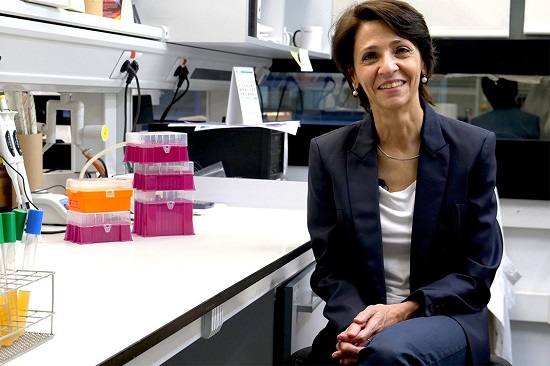
A study by the Microbial Ecology, Nutrition and Health group of the IATA-CSIC, led by Yolanda Sanz and in collaboration with the Príncipe Felipe Research Center, and the Department of Internal and Vascular Medicine of the Amsterdam University Medical Centers has confirmed that Characteristics such as sex, age, and intestinal microbiota patterns of fecal donors for transplantation are decisive for the success in the transfer of microorganisms and the remission of the alteration of biochemical parameters in blood in individuals with metabolic syndrome.
Faecal microbiota transplantation (FMT) has a long therapeutic history in the eradication of gastrointestinal tract infections caused by Clostridioides difficile bacteria. Recent research has shown that this clinical approach can also reduce symptoms in patients with irritable bowel syndrome and inflammatory bowel disease, among other noncommunicable diseases that are highly prevalent in our population.
It is the first evaluation of the microbiota of fecal samples derived from donors and their recipients using next-generation sequencing technology.
The samples for this clinical trial were obtained within the framework of the European project MyNewGut coordinated by Prof. Yolanda Sanz (https://cordis.europa.eu/project/id/613979/), a multidisciplinary project funded by the European Commission between 2013 and 2018, which sought solutions to metabolic and mental disorders related to diet and stress. The results of this project have shown the influence of the intestinal microbiota on energy balance and brain function.
More information:Species- and strain-level assessment using rrn long-amplicons suggests donor’s influence on gut microbial transference via fecal transplants in metabolic syndrome subjects. https://doi.org/10.1080/19490976.2022.2078621

